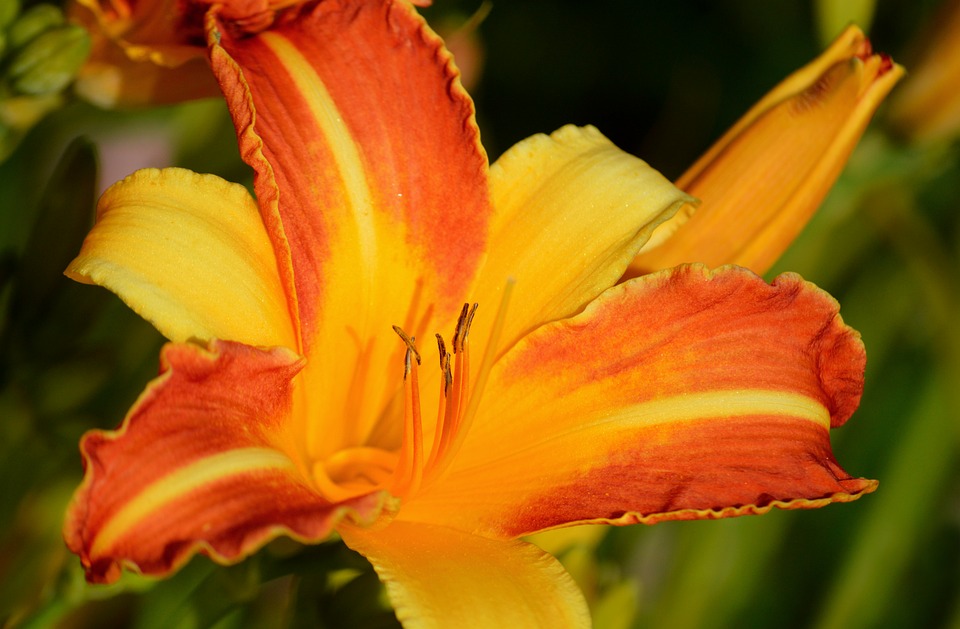In a world that is constantly changing, traditions have remained a steady force in societies across the globe. From religious ceremonies to cultural practices, traditions play a significant role in shaping our identities and connecting us to our past. However, traditions are not static and unchanging; they evolve over time to adapt to the needs and values of each generation.
The Historical Context of Tradition
Traditions have been passed down from generation to generation for centuries, serving as a way to preserve cultural heritage and reinforce social bonds. Many traditions have their roots in ancient rituals and customs that were practiced by our ancestors. These traditions have adapted and evolved over time, reflecting the changing values and beliefs of society.
In the past, traditions were often rigid and inflexible, with little room for deviation or innovation. However, as societies have become more diverse and interconnected, traditions have become more flexible and open to change. This adaptability has allowed traditions to remain relevant and meaningful in the face of modern challenges.
The Current State of Tradition
In today’s fast-paced world, traditions continue to play a vital role in shaping our identities and providing a sense of belonging. However, the way in which traditions are practiced has evolved to reflect the values and beliefs of contemporary society. Many traditional practices have been modernized to accommodate changing lifestyles and cultural norms.
For example, traditional wedding ceremonies have undergone significant changes in recent years, with couples opting for non-traditional venues and ceremonies that reflect their unique personalities. Similarly, religious traditions have adapted to accommodate new technologies and communication methods, allowing people to participate in religious ceremonies from anywhere in the world.
The Future of Tradition
As we look to the future, it is clear that traditions will continue to evolve and adapt to meet the needs of future generations. With advances in technology and communication, traditions are no longer bound by geographical or cultural boundaries. This has led to a blending of traditions from different cultures and the creation of new hybrid traditions that reflect the diversity of our global society.
In the coming years, we can expect to see traditions continue to evolve in response to changing social norms and values. Traditional practices that are no longer relevant or meaningful may be replaced by new customs that better meet the needs of contemporary society. However, the core values and beliefs that underpin traditions will continue to endure, providing a sense of continuity and stability in an ever-changing world.
Conclusion
In conclusion, the evolution of tradition is a natural and necessary process that allows customs to remain relevant and meaningful in the face of societal changes. While traditions may adapt and change over time, their underlying values and beliefs continue to provide a sense of connection to our past and to each other. By embracing the evolving nature of tradition, we can ensure that these customs remain an important part of our cultural heritage for generations to come.
Thank you for taking the time to explore the evolution of tradition with us. For further reading on this topic, we recommend checking out academic journals, cultural studies books, and documentaries that delve deeper into the ways in which traditions have adapted over time.









